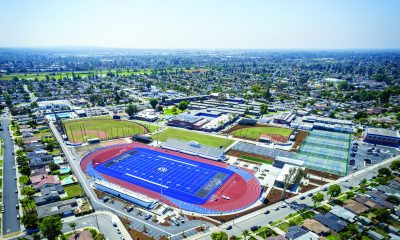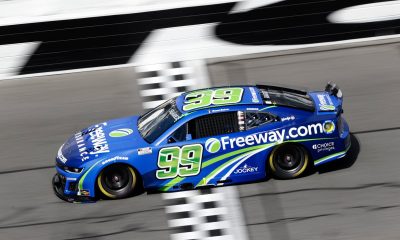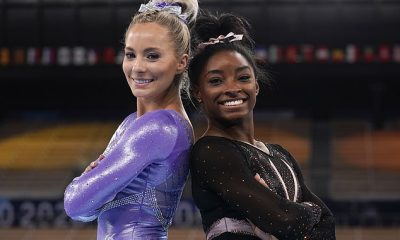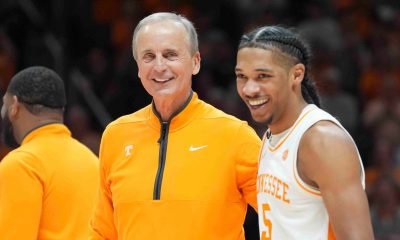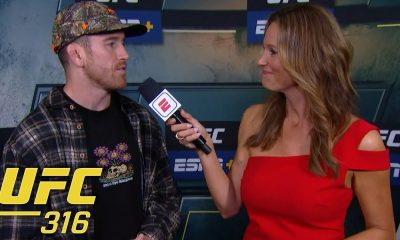No more frozen Walmart pizza and doomscrolling for Zach Extine — at least for now.
The Gilbert Perry High School alum has gone from walk-on athlete to finishing runner-up in the 110-meter hurdles at the NCAA Track and Field Championships for the Arizona Wildcats, crediting a turnaround in his diet and approach to the sport.
Extine was a once-overlooked recruit. His high school coach had to practically beg the University of Arizona to give him a look.
But Extine has developed into one of the fastest in the country.
Extine ran 13.13 seconds to come in second at the NCAA Championships in Eugene, Oregon, on June 13, breaking his school record for the event and moving up to No. 13 all-time in collegiate history. Former Phoenix Brophy Prep legend Devon Allen, who became an NCAA champion before making two Olympics in the 110-hurdles, ran a best of 13.16 while in college.
People are also reading…
The coach who discovered Extine while in high school at Perry was Clif McKenzie, who was on the Arizona State University 4×400-meter relay team that set the NCAA record in 1977 and is in the school’s Hall of Fame.
There was something then — work ethic, high hips — that told him Extine would be an excellent hurdler in college.
“This is what I always say to coaches before you cut anyone: ‘Look at it as a piece of coal and there’s a diamond there. All you got to do is knock that coal off and you got a diamond.’ And that truly was Zach. You could just see he was going to blossom,” said McKenzie.
Extine didn’t really take the sport too seriously his first two years as he was still dabbling in football. His junior year he began to put more focus in, but then COVID canceled most of that season. Extine was a good hurdler in high school, running 14.10 in the 110-hurdles and 39.24 in the 400-hurdles, but never won a state title.
It was McKenzie’s belief in Extine that changed his outlook.
“He made me realize I could be really good at track if I put in my effort into it,” Extine said. “When someone who had been around the sport for so long said that, for me, it was like, ‘Wow.’ He’s not just saying that to make you feel good, he’s being real. From that moment, it was like, ‘OK. Let’s see what we can do with this.’”
And it was that belief that led McKenzie to push Arizona coach Fred Harvey to sign Extine. At first, McKenzie pitched Extine as a 400-hurdler to Harvey. But it became apparent soon in the fall on campus that Extine was struggling in the event.
“I called Clif and I was like, ‘I’m not sure what you see, but please help me. He doesn’t have it,’” recalled Harvey.
Harvey made the decision to have Extine focus on the short hurdles only, eventually getting him back down in the low 14-second range and a third-place finish at the Pac-12 championships. After changing his hurdle form, Extine’s sophomore season was looking good. He opened up with a strong performance, finishing third in the Island Relays Bahamas in a race with a powerful headwind.
But the following week, disaster struck. At practice in Tucson with a heavy tailwind, the speed pushed Extine into a hurdle and onto the track, snapping his clavicle in the process.
“It wasn’t very fun,” Extine said. “It was the last rep, 10th hurdle. I hit it and went right onto the shoulder.”
He was just coming off a hamstring injury, as well. Extine missed the rest of the season.
Extine rehabbed his way back, but an additional flare-up of the hamstring threw another roadblock in the process. It was toward the end of his junior year in 2024 when Extine began to round into form, recording his first sub-14-second race in the 110-hurdles at the Pac-12 championships.
After hitting a hurdle in the NCAA West Regionals and missing out on the national championship meet, Extine vowed then he was going to do whatever it took to make it the next year. That included cutting out one of his favorite foods, pizza, and limiting the time spent scrolling on his phone, which he would often do until 3 a.m.
The second-place finish at the NCAA Championships was a moment of validation for Extine, and those around him who held their faith. Extine’s story is also one that likely won’t happen again — a 14.1-second high school hurdler being given the chance to compete at a Division I program.
With new roster limits and revenue-sharing as a result of the House settlement now in effect, making a track and field roster in college out of high school has never been harder.
Extine is an example of someone being given a chance and running away with it. Harvey is glad he listened to McKenzie because he believes this is the start of Extine’s story, rather than the culmination. While Harvey has stepped down as the director of the program for the Wildcats, he is still coaching Extine and has big expectations.
“Having a guy like Zach, to be able to have your own homegrown athletes here, is so exciting because he’s an Arizona kid, he did develop here,” said Harvey. “His upside is tremendous because I know that he can run — without us doing anything more than what we’re doing and having a clean race — 13.0 later this year.”
Because he used a redshirt, Extine still has a season of eligibility left. He’s coming back to Arizona for one last season with one goal: an NCAA title.
Before that, Extine will focus this summer on trying to make Team USA for the upcoming World Athletics Championships in Tokyo in September.
“Coach Harvey keeps saying, ‘This is only the beginning. We got a lot to still do,’” Extine said. “Being a runner-up is great. But next year, I want to win. And I want to try and make that World Championship team this summer. It’s a tall task, especially in this country. I’m up for it. I’m confident that when it comes down to it, I can run that time and I know I won’t freeze under the pressure.”
Extine will have a race in Memphis on July 12 at the Ed Murphy Classic before the USA Outdoor Track and Field Championships at the end of July.





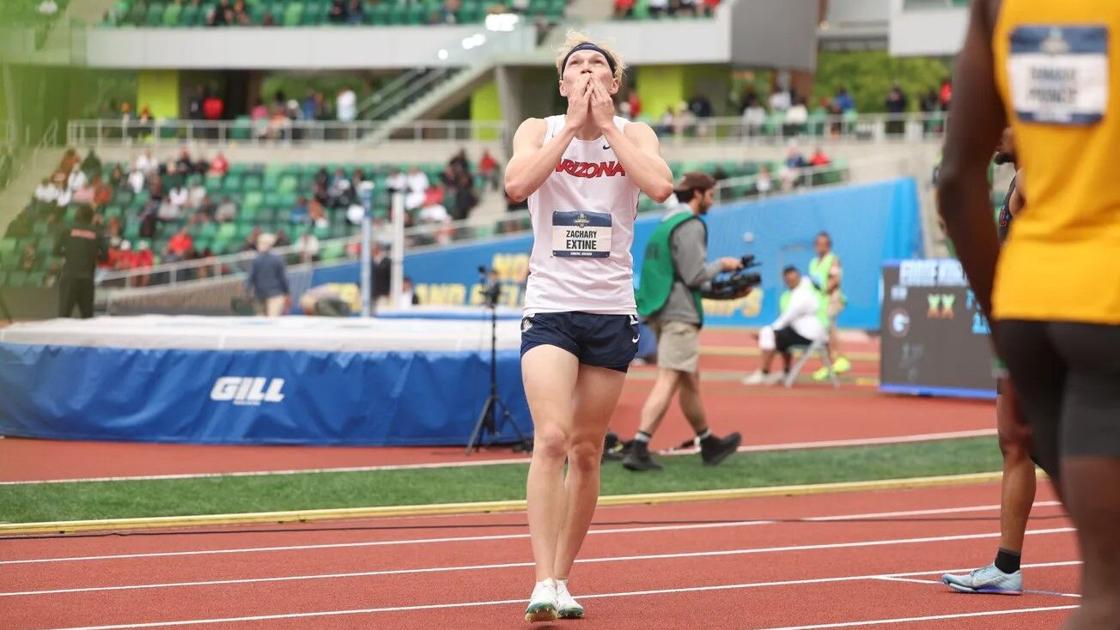



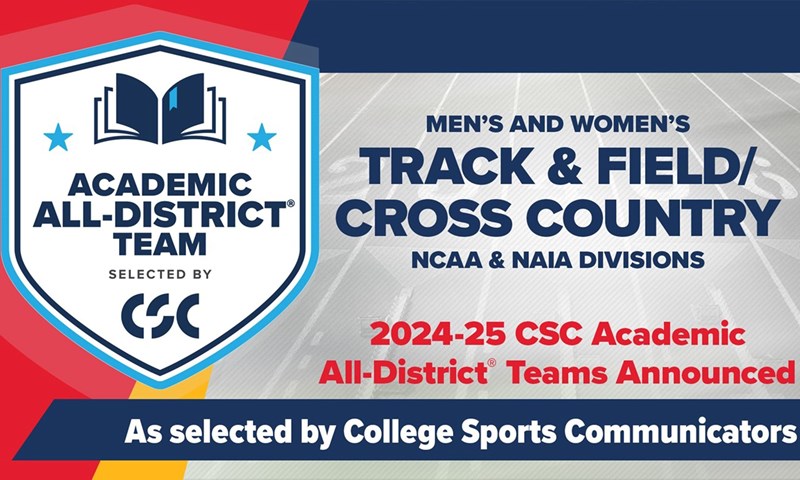
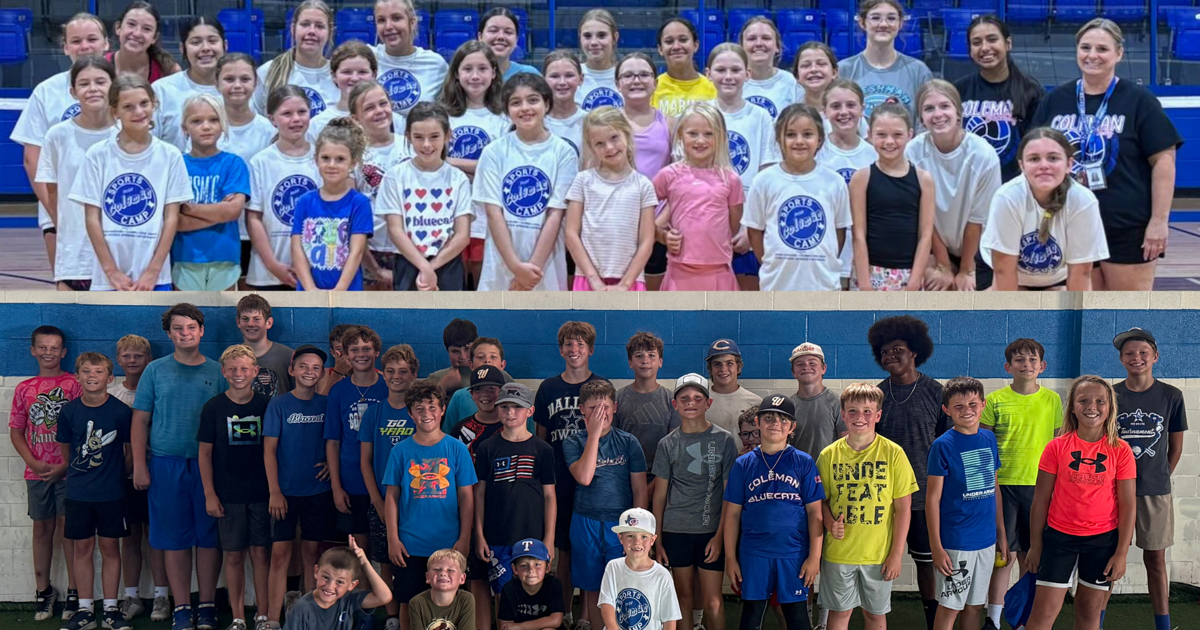
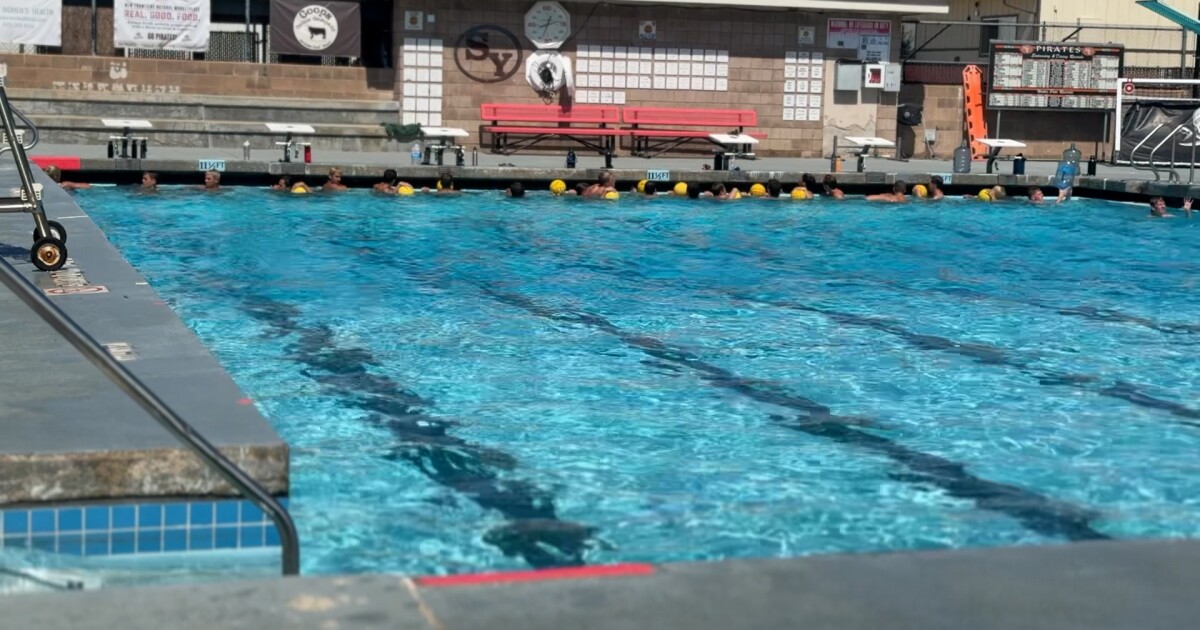

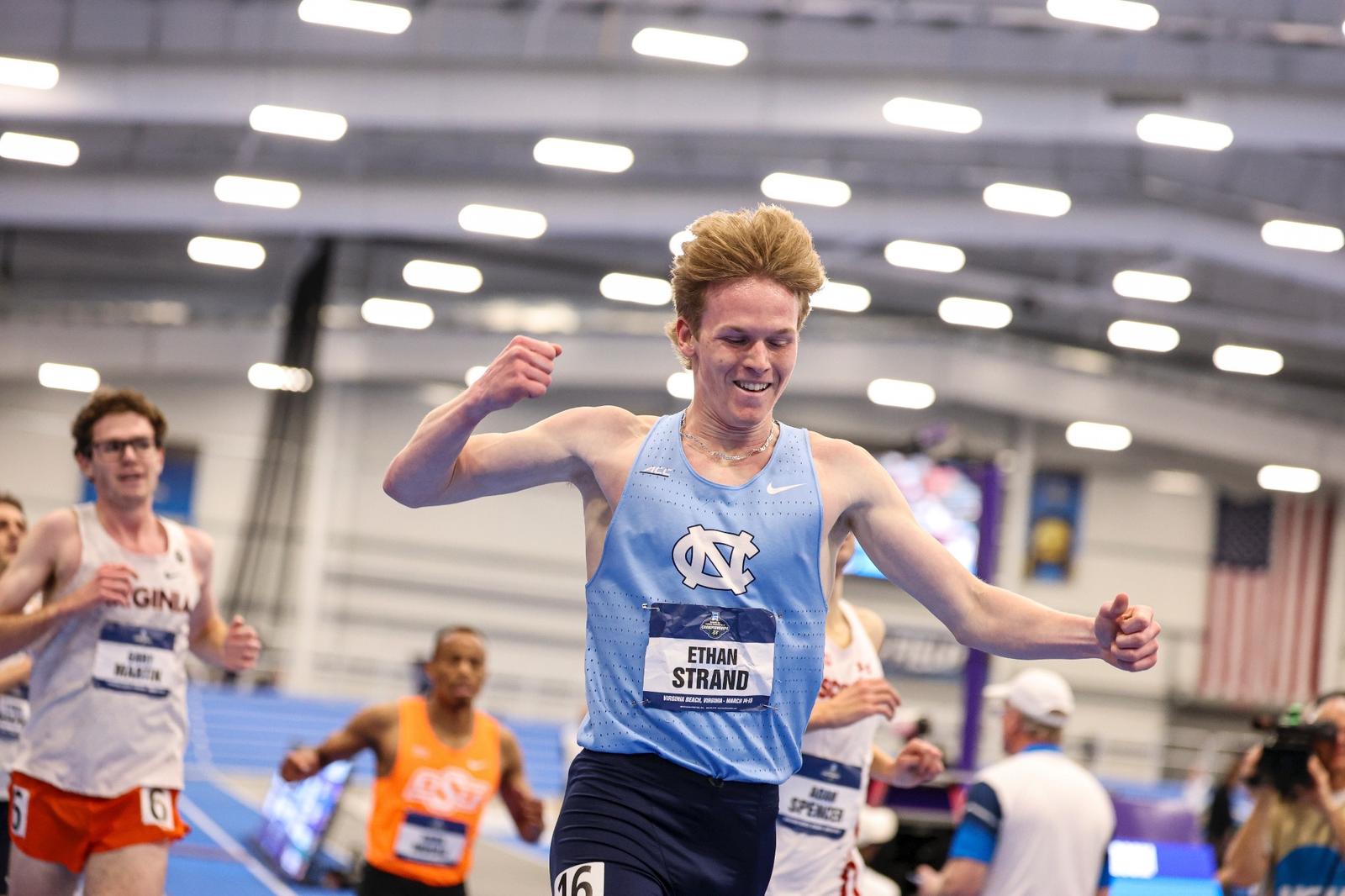















 Duke Freshman Year Highlights
Duke Freshman Year Highlights  | ESPN College Basketball
| ESPN College Basketball
























